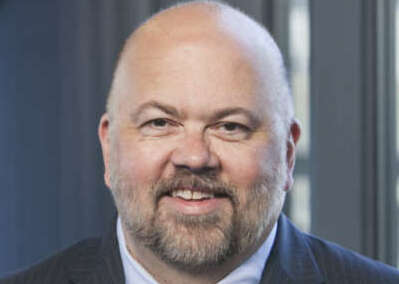
Extending probationary periods for most hires is not needed
A proposal from OPM would make it easier to extend probationary periods for new federal hires. But commentator Jeff Neal argues that's unnecessary.
This column was originally published on Jeff Neal’s blog, ChiefHRO.com, and was republished here with permission from the author.
An April 12 proposal from the Office of Personnel Management would make it easier to extend probationary periods for new federal hires. The memo was not a secret, but it was also not publicized and just showed up in the news last week.
It included three proposals, including increasing the number of interns who can be hired and making it easier for term employees to get permanent jobs. I wrote on May 1 about the need to lift the limits on intern hiring. The government continues to do an abysmal job of hiring young people and this proposal could make it easier. It will not solve all of the problems, but at least it will make a dent in them.
While two of the legislative proposals are sound and should be taken up by the Congress, I think the third is far less useful. Extending the probationary period is one of those proposals we see often. In fact, the Defense Department already has a two-year probationary period for most positions, a change that was authorized by the 2016 National Defense Authorization Act. The extended probationary period is intended to give managers more time to determine whether a new employee should be retained or fired. Managers generally support the extension, while unions generally do not.
The problem with longer probationary periods is that there is no real evidence that they make a difference. For most jobs, a year is more than enough time to determine whether the hire was a mistake. In fact, that is the actual purpose of probation – it was established by the Pendleton Act in 1883 as the last step in the hiring process.
We all know that the hiring process is not perfect. Sometimes agencies hire people who are not a good match for the job. The probationary period provides time for the agency to identify that mistake and let the employee go. Employees who are fired during probation have little recourse. They can appeal to the Merit Systems Protection Board if they believe the termination was because of marital status or partisan political reasons, or if the termination was for conditions arising before they were hired.
The effect of the very limited appeal rights is that terminations of probationary employees are seldom reversed. Given the ease of firing probationers, it would be safe to conclude that agencies make good use of probation and remove new employees who have performance or misconduct issues.
Related Stories
Even though there is virtually no red tape, a simple process and almost no chance of being reversed on appeal, agencies generally remove fewer than 2% of probationary employees. Once employees have completed probation, the removal rate drops even more.
My own experience in advising managers who are dealing with problem employees is that they do not rush to fire probationers who are struggling with performance. They generally are willing to give them more time to improve, with the result being that many terminations happen near the end of probation. Supervisors tend to be more willing to deal with misconduct problems during probation.
There is one situation where an extended probationary period makes sense, and that is for employees who are on extended training programs. For example, if a new hire is a GS-5 with promotion potential to GS-11 or GS-12, it would be reasonable to evaluate that person’s ability to learn the work and perform successfully at each grade level below the full performance level. In those cases, an extended probationary period of two or even three years makes sense. For new hires who come in at the full performance level, an extended probationary period serves little useful purpose, other than to give managers one more year during which they can easily fire someone.
Absent any compelling evidence that it actually makes a difference, depriving employees of full due process rights is not a good idea.
If Congress takes up this proposal, the best way forward would be to restrict the extended probationary period to new hires in trainee positions. For the rest of the workforce, a one-year probationary period is adequate.
Jeff Neal is a senior vice president for ICF and founder of the blog, ChiefHRO.com. Before coming to ICF, Neal was the chief human capital officer at the Homeland Security Department and the chief human resources officer at the Defense Logistics Agency.
Copyright © 2025 Federal News Network. All rights reserved. This website is not intended for users located within the European Economic Area.



